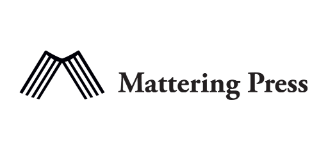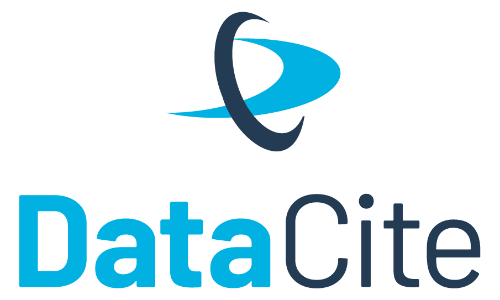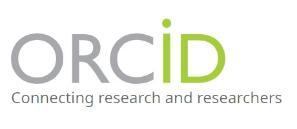Supporting the wider open research ecosystem
Our principles for support
- The aims and objectives or values and ethos of the initiative should broadly align with the University of York Open research statement. It could also align with the activities towards opening up knowledge and research set out in the Library, Archives and Learning Services Combined Strategy Action Plan.
- There should be a clear existing or potential use case for the initiative at the University of York, including applications across a range of disciplines where possible.
- There should be evidence that the initiative is sustainable (and/or established for at least two years) and has appropriate governance and development staff/infrastructure in place.
- There should be transparency in how the initiative is funded and how our additional funding will be utilised, with a clear roadmap or objectives for long-term development.
- The initiative should hold non-profit or charity status in the country in which it is based, or it should be affiliated with or owned by a research or educational institution.
- There should be an opportunity for supporters to be involved in governance or development of the initiative going forward.
- There should be minimal barriers in place for those who wish to use the initiative. Any resource implications (e.g. integration or user training requirements) should be clearly stated, with guidance provided if needed.
- The costs associated with supporting the initiative should be transparent, affordable and in line with commitments made to similar initiatives.
Who we support
The initiatives, tools and infrastructure we support fall into the following broad categories:
Open access publishers
A diverse range of independent, not-for-profit and/or institution-led presses committed to making scholarly works freely and openly available with reduced restrictions on use.
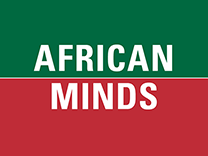 |
|
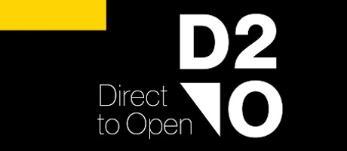 |
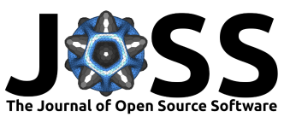 |
 |
|
 |
 |
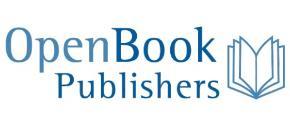 |
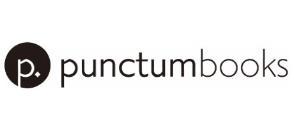 |
 |
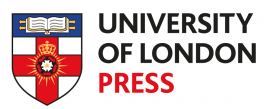 |
 |
 |
 |
Open access services and communities
Organisations providing essential infrastructure, directories, collective advocacy and support for open access publishing and open research more broadly.
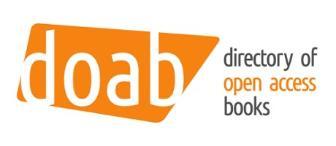 |
 |
 |
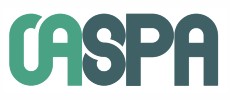 |
 |
 |
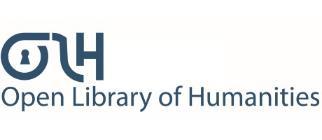 |
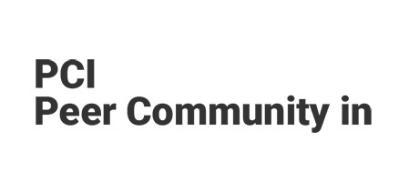 |
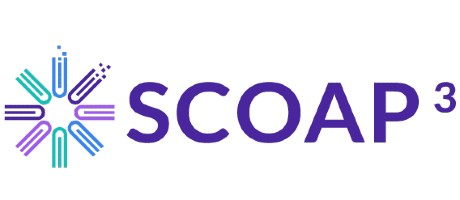 |
 |
 |
|
Open research registries
Providing identifiers and connectivity to enable the discoverability and attribution of researchers and their work on a long-term basis.
Research repositories
Open access repositories for outputs ranging from PhD theses through to preprints, manuscripts and other materials for research and education.
IRIS and OASIS were developed by the University of York Digital Library team with colleagues from the Department of Education, whilst White Rose eTheses Online and White Rose Research Online are shared with the Universities of Leeds and Sheffield and powered by the open source EPrints 3 platform.
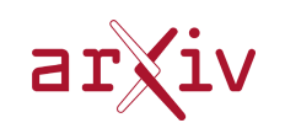 |
 |
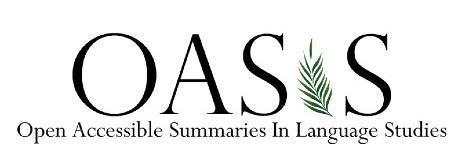 |
|||
 |
 |
||||


